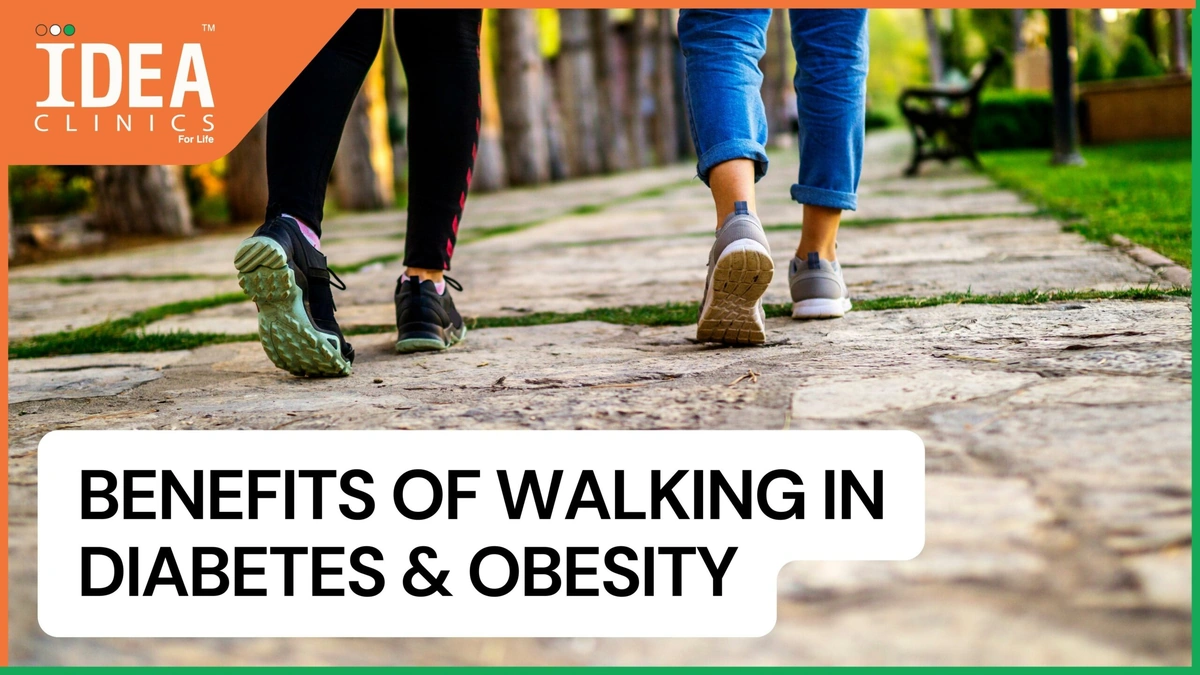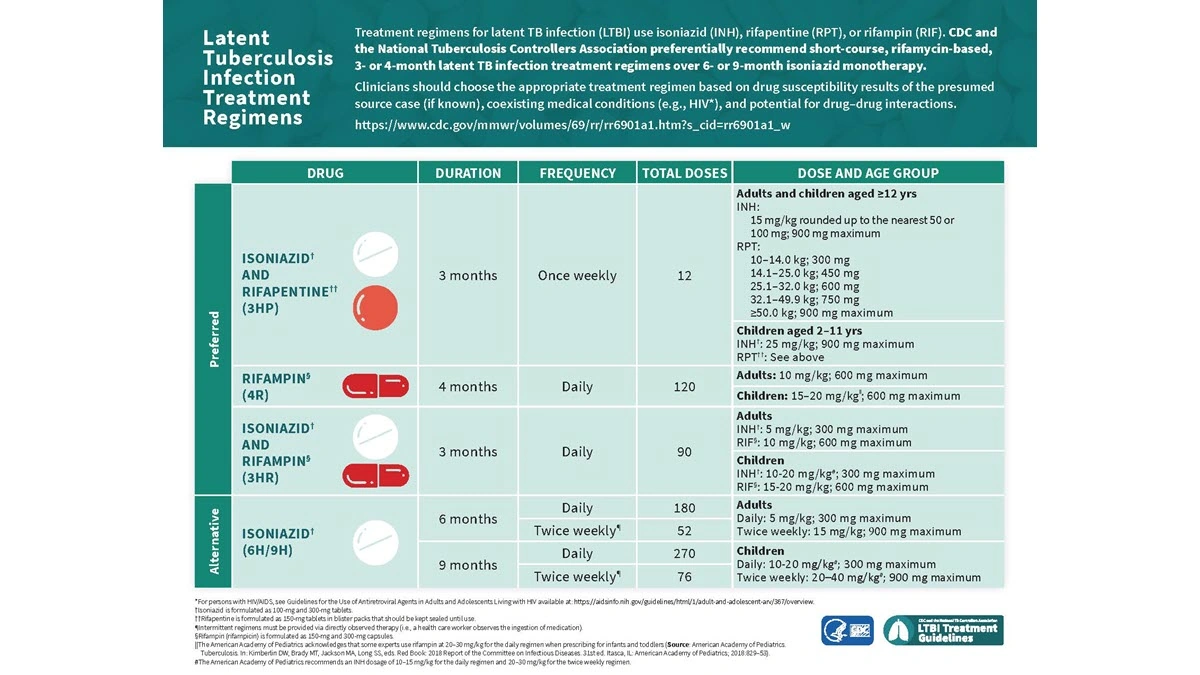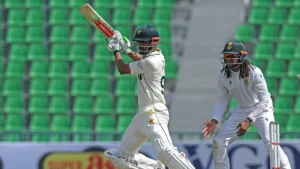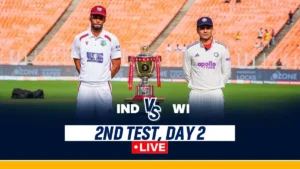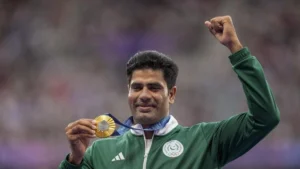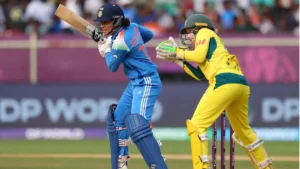Cardiac risks threaten childhood cancer survivors
Let’s be honest, when a child battles cancer and wins, we breathe a collective sigh of relief. But what if that victory casts a long shadow? What if the very treatments that saved their lives now pose a new threat years, even decades, later? That’s the unsettling reality facing many childhood cancer survivors . It’s not just about celebrating remission; it’s about understanding and mitigating the potential long-term side effects, particularly those affecting the heart. It initially felt like a straightforward topic, but then I realized the depth and breadth of cardiac complications that can arise. So let’s dive in and see what we can do.
Why is this happening? The Cardiotoxicity Connection

So, what’s the deal? Why are these young survivors facing increased cardiac risks ? The answer, in many cases, lies in the cardiotoxic effects of cancer treatments . Certain chemotherapy drugs, like anthracyclines (think doxorubicin), and radiation therapy, especially when directed at the chest, can damage the heart muscle. What fascinates me is how these treatments, designed to kill cancer cells, can inadvertently harm healthy cells as well – a tragic consequence of the aggressive nature of cancer itself. According to a study published in the Journal of Clinical Oncology , survivors treated with anthracyclines have a significantly higher risk of developing heart failure later in life. It’s not always immediate; it can take years to manifest, making long-term monitoring crucial.
But it’s not just about the type of treatment. Factors like the dose of chemotherapy, the age of the child at the time of treatment, and pre-existing conditions can all play a role. And, here’s the thing, some individuals are genetically predisposed to be more susceptible to cardiotoxicity. It’s a complex interplay of factors, making it essential to personalize care for each survivor.
What types of cardiac risks are we talking about?
The spectrum of cardiac risks facing childhood cancer survivors is broad. We’re not just talking about one thing. Here’s a quick rundown:
- Heart Failure: This is where the heart can’t pump enough blood to meet the body’s needs. It’s a serious condition that can lead to fatigue, shortness of breath, and fluid retention.
- Cardiomyopathy: This refers to diseases of the heart muscle, making it harder for the heart to pump blood effectively.
- Arrhythmias: Irregular heartbeats, which can range from mild to life-threatening.
- Valvular Heart Disease: Damage to the heart valves, which can disrupt blood flow.
- Coronary Artery Disease: Blockage of the arteries that supply blood to the heart, increasing the risk of heart attack.
What fascinates me is how subtle these problems can be initially. A survivor might just feel a little more tired than usual, attributing it to other factors. That’s why regular check-ups are so important.
Early Detection and Monitoring | A Lifeline for Survivors
So, what can be done? The key is early detection and diligent monitoring. Regular cardiac screenings are crucial for childhood cancer survivors , especially those who received cardiotoxic therapies. These screenings might include:
- Echocardiograms: Ultrasound of the heart to assess its structure and function.
- Electrocardiograms (ECGs): To measure the electrical activity of the heart and detect arrhythmias.
- Cardiac MRIs: To provide detailed images of the heart muscle.
- Blood Tests: To check for markers of heart damage.
But, let’s be honest, these tests can be expensive and time-consuming. And sometimes, survivors live in areas where access to specialized cardiac care is limited. This is where advocacy and awareness come in. We need to push for more resources and better access to care for these vulnerable individuals. Remember, early intervention can make a huge difference. According to the Children’s Oncology Group , risk-based screening guidelines can help identify survivors at highest risk for cardiac complications.
Lifestyle Changes and Prevention | Empowering Survivors
Beyond medical monitoring, lifestyle changes play a vital role in protecting the heart health of childhood cancer survivors . I initially thought this was straightforward, but then I realized how difficult it can be for young people to adopt healthy habits, especially after enduring so much. Here are some key recommendations:
- Healthy Diet: Emphasize fruits, vegetables, whole grains, and lean protein. Limit processed foods, sugary drinks, and saturated fats.
- Regular Exercise: Aim for at least 30 minutes of moderate-intensity exercise most days of the week.
- Avoid Smoking: Smoking is a major risk factor for heart disease and should be avoided at all costs.
- Maintain a Healthy Weight: Obesity puts extra strain on the heart.
- Manage Blood Pressure and Cholesterol: Work with your doctor to control these risk factors.
And here’s the thing: support networks are crucial. Connecting with other survivors, joining support groups, and seeking counseling can help individuals cope with the emotional and practical challenges of managing their health. Remember, you’re not alone in this journey.
The Emotional Toll | Addressing Anxiety and Fear
Let’s not forget the emotional side of things. Living with the knowledge that you’re at increased risk for heart problems can be incredibly stressful. Anxiety and fear are common among childhood cancer survivors . It’s important to acknowledge these feelings and seek professional help if needed. Therapy, mindfulness practices, and support groups can provide valuable tools for managing stress and promoting emotional well-being. According to the National Cancer Institute , addressing the psychosocial needs of survivors is just as important as addressing their physical health. It’s about holistic care – mind, body, and spirit.
The good news is that awareness is growing. More and more healthcare professionals are recognizing the importance of long-term follow-up care for childhood cancer survivors . Research is ongoing to identify new ways to prevent and treat cardiac complications. And, here’s the most important thing: you have the power to take control of your health. By staying informed, advocating for your needs, and embracing a healthy lifestyle, you can minimize your risk and live a long and fulfilling life. The Indian Cancer Society (www.indiancancersociety.org) offers support and resources for cancer patients and survivors in India.
The journey of a childhood cancer survivor is a testament to resilience and hope. But it’s also a reminder that the fight doesn’t end with remission. By understanding the potential cardiac risks , embracing proactive monitoring, and adopting healthy lifestyle habits, we can empower these survivors to live long, healthy, and fulfilling lives. This isn’t just about medical care; it’s about providing holistic support that addresses the physical, emotional, and social needs of these incredible individuals.
FAQ
What are the most common cardiac problems in childhood cancer survivors?
Heart failure, cardiomyopathy, arrhythmias, and valvular heart disease are among the most common. It’s vital to undergo regular check-ups to monitor heart health.
How often should a childhood cancer survivor have cardiac check-ups?
The frequency depends on the type of cancer treatment received and individual risk factors. Consult with a cardiologist specialized in onco-cardiology.
Can lifestyle changes really make a difference?
Absolutely! A healthy diet, regular exercise, and avoiding smoking can significantly reduce the risk of heart problems.
What if I didn’t receive regular follow-up care after cancer treatment?
It’s never too late to start. Talk to your doctor about getting a cardiac evaluation.
Are there any new treatments for cardiac problems in cancer survivors?
Research is ongoing, and new therapies are being developed. Stay informed and discuss treatment options with your healthcare provider.
How can I find a support group for childhood cancer survivors?
Organizations like the Indian Cancer Society and the Children’s Oncology Group can provide information on support groups in your area.

